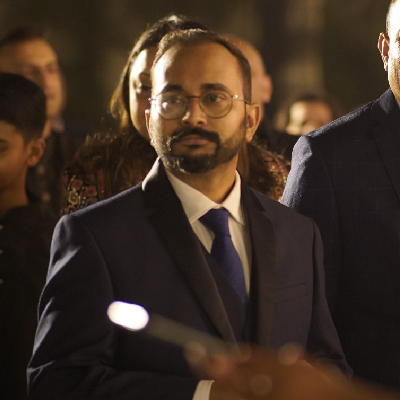In May last year, Magnus Carlsen, the best chess player of this generation, posted a photo of himself where the Norwegian is standing in front of a pool, against a backdrop of pure blue sky, wearing a T-shirt and shorts. It’s a perfect day to be in the pool. But instead, world no 1 Carlsen has a book in hand called Understanding Rook Endgames. The caption read: “Polishing my endgames before a busy month, with four tournaments coming up, starting with the Grand Chess Tour in Warsaw.”
With the business of learning and training for chess now being largely computer-driven, with engines acting as guides for young players and super elite grandmasters alike, the photo is a reminder of what made a player like Carlsen great. His love for books is well documented in biographies: there are tales from his childhood about how he would sit by himself on a separate table for meals because he would always have a book or a chess board as his companion.
When Simen Agdestein, Norway’s first grandmaster and Carlsen’s first real trainer, starts talking about a young Carlsen, he talks about how the boy had a voracious appetite for reading. Agdestein says Carlsen would pick out a book from his personal library at NTG (Norwegian School for Elite Sport where Agdestein was in charge of chess), thumb through the index and then read any chapter he found fascinating. The book wouldn’t be left alone until the chapter ended.
Henrik Carlsen shares similar tales about his son. He says when his son was eight, he played in an Under 11 competition. Back then, he was “not even the best eight-year-old” in the country. “He had just started playing, but he soon discovered that he was making more progress than the others, partly because he was working more on chess. He was studying chess. He was looking at games, reading books already at eight. At that age, he was reading a lot of opening theory and then he was making progress. He was starting to beat players that earlier had beaten him. He was outpacing all the others.
“His reading is much less now. But from like the age of nine to somewhere in his 20s, he read a lot. Still when he gets new books he can open it and then you won’t get his attention before he’s finished. At least until a couple of years ago, it would still be like if you give him a book, you know you can’t talk to him,” Henrik told The Indian Express during the recently-concluded Norway Chess tournament.
Agdestein links Magnus’s early success to his reading habits.
“When we started working together, he wasn’t very good in endings. That was his weakest point. Then I gave him a book: Fundamental Chess Endings by Frank Lamprecht and Karsten Müller. And that was that! After that, he’s been the best in the world in endings,” beams Agdestein in an interview with The Indian Express. “Many years later, when he was preparing for his first World Chess Championship match with Anand, I saw a photo he had posted where that same book was on the shelf in the background. He was still reading that book, or at least referring to it.”
Story continues below this ad
“I see lots of players who barely have opened the book, and still they become good players. So it’s possible to become very good without reading books, too, obviously,” says Agdestein before adding: “But what makes Magnus stand out is that it seems like Magnus has read almost everything (in chess). He has a photographic memory, which is useful, of course. But still, he is very properly schooled, to put it that way, because he’s well-read. It’s not because he’s been told things or had trainers like Garry Kasparov. Those things — like working with Kasparov when young — help too, but he knows all the classics, definitely. But that’s because he’s been reading books since he was nine and because he remembers it.”
For Henrik, his young son’s ability to read was not extraordinary as his extended family had plenty of engineers and people in fields like math. So reading was always something that was natural.
Even now, Henrik sometimes gets taken aback by his son’s capacity for knowledge. He says a few years back, Magnus participated in a quiz in Reykjavik where he ended up winning.
“I was surprised that he had won. And he just said, ‘Of course we won. I know my chess history. We should have won by a bigger margin,’” grins Carlsen senior.
Story continues below this ad
Young players enamoured by Carlsen’s success on the 64 squares would do well to take a leaf out of Carlsen’s book.




